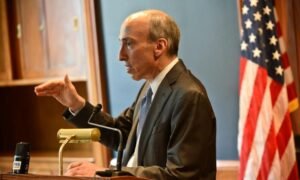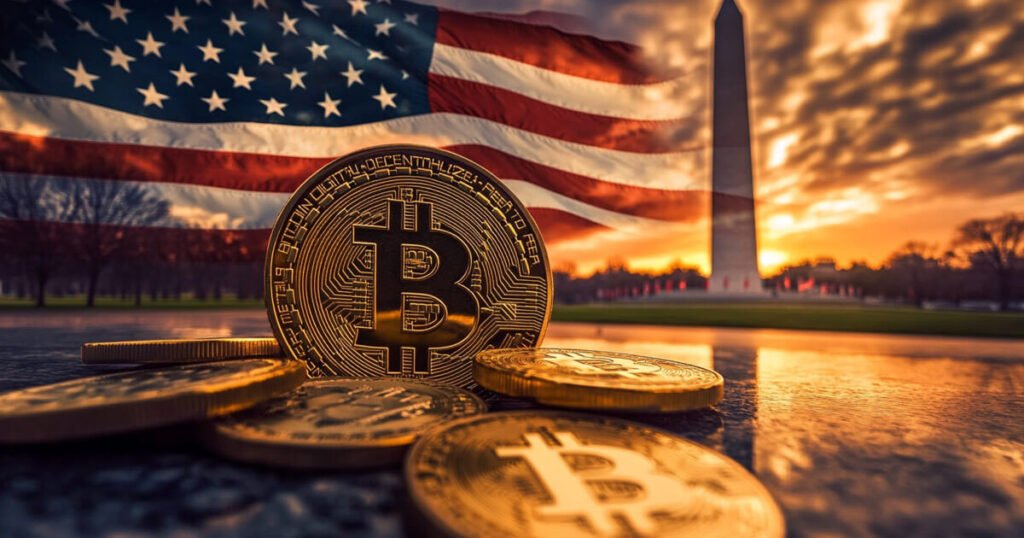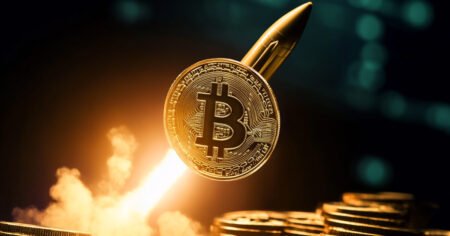BlackRock, the world’s largest asset manager, has reportedly shown support for the creation of a US Strategic Bitcoin Reserve as governments and the Trump administration move to institutionalize the digital asset. The firm, which manages over $10 trillion in assets, has previously acknowledged Bitcoin’s potential as a hedge against inflation and a diversification tool for reserves.
Satoshi Act Fund CEO Dennis Porter disclosed the endorsement by BlackRock, sparking discussions about Bitcoin’s role in national economic strategies. Porter believes that it is a logical step for BlackRock to advocate for a Strategic Bitcoin Reserve, as Bitcoin’s incentives are aligned with the firm’s interests. In light of BlackRock’s stance, there is speculation that the company may push for policies supporting the adoption of Bitcoin.
Wyoming senator Cynthia Lummis has introduced legislation for a strategic reserve known as “The Bitcoin Act,” aiming to implement it within the first 100 days of the new administration. The bill has already gained significant attention, becoming one of the most viewed US legislative documents. Porter also mentioned that the Trump administration is exploring the idea of an executive order to formalize the reserve, further emphasizing the growing recognition of Bitcoin’s potential in economic strategies.
Supporters argue that Bitcoin’s decentralized nature, limited supply, and independence from traditional financial systems make it an attractive asset for safeguarding the economy against dollar devaluation. They view it as a modern alternative to gold that can help diversify and strengthen reserves. Porter predicts that state governments will take the lead in establishing their own Strategic Bitcoin Reserves, aligning with Bitcoin’s ethos of decentralization.
However, critics have raised concerns about Bitcoin’s volatility, environmental impact, and security risks. The unpredictable price fluctuations of Bitcoin could introduce instability if adopted on a large scale, potentially exposing the economy to unnecessary risks. Security threats, including hacking, cyberattacks, and theft, also pose significant challenges for a national Bitcoin reserve. Critics fear that such a reserve could become a target for malicious actors, posing a threat to national economic security.
In conclusion, the endorsement of a US Strategic Bitcoin Reserve by BlackRock and the government’s consideration of related legislation highlight the growing recognition of Bitcoin in economic strategies. While supporters view Bitcoin as a potential hedge against inflation and a modern reserve asset, critics caution against the volatility and security risks associated with the digital currency. The debate surrounding the adoption of Bitcoin for national reserves underscores the complexities and uncertainties involved in integrating cryptocurrency into traditional financial systems.

















